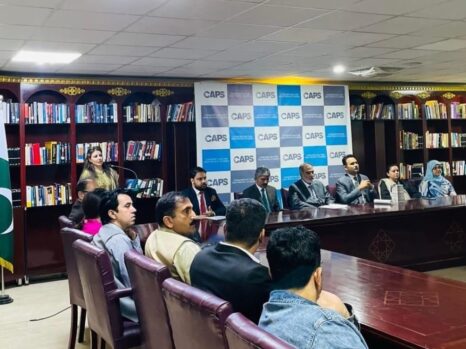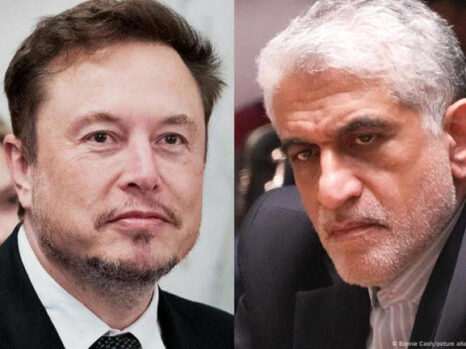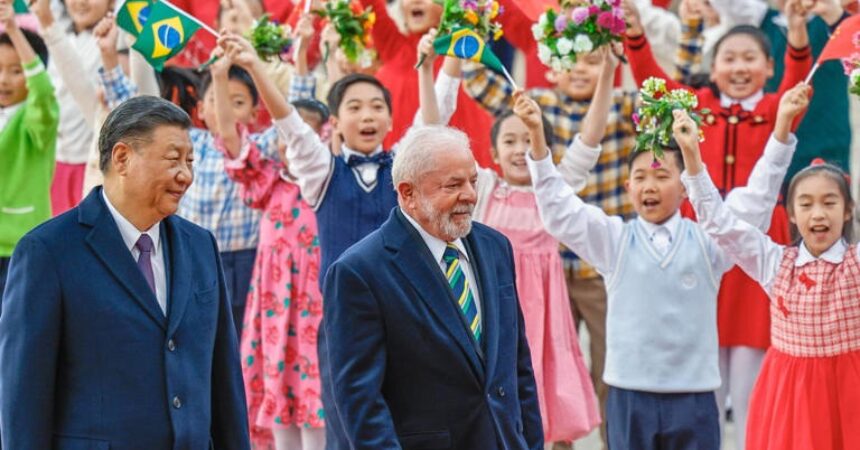Story by Igor Patrick
After US Trade Representative Katherine Tai suggests Brasilia ‘weigh the risks’, Chinese embassy calls her remarks ‘disrespectful’
The Chinese embassy in Brazil criticised US Trade Representative Katherine Tai after she recommended Brasilia “weigh the risks” before joining the Belt and Road Initiative.
Speaking on Wednesday in Sao Paulo, Tai urged Brazilian officials to evaluate the risks of joining China’s plan to grow global trade.
Brazil “should really think about what the best pathway forward is for more resilience in the Brazilian economy”, Tai said, encouraging an “objective lens” and “risk management” in assessing the trade partnership.
Do you have questions about the biggest topics and trends from around the world? Get the answers with SCMP Knowledge, our new platform of curated content with explainers, FAQs, analyses and infographics brought to you by our award-winning team.
The Chinese embassy in Brasilia fired back on Friday, calling Tai’s comments “irresponsible” and “disrespectful” and saying Brazil’s sovereignty in choosing its trading partners “should be respected”.
“How could China, as Brazil’s largest trading partner, largest export market and main source of surplus, represent a risk and not an opportunity? This view contradicts the facts and basic logic.”
Brasilia, the statement added, did not need “others to dictate who to cooperate with or what kind of partnerships to conduct”.
Brazilian Agriculture Minister Carlos Favaro also defended Brazil’s interest in the belt and road plan, saying it could help “combat trade barriers” with Western partners.
“We need to have a great relationship with the United States and the European Union, but also some protectionist measures must be fought with an expansion of trading partners,” Favaro said.
Chinese diplomats have previously publicly rebuked US officials over attempts to discourage Brazil from joining the initiative.
In May, General Laura Richardson, commander of the US Southern Command, drew similar criticism from China after suggesting that involvement in the initiative could compromise Brazilian sovereignty.
In an interview with local newspapers, she argued, like Tai, that Brasilia should evaluate “the fine print” of the agreement, including how a country’s “sovereignty is taken away over time if [Chinese] loans are not repaid”.
At the time, the Chinese embassy called Richardson “arrogant” and expressed “vehement repudiation and firm objection to such statements”.
Despite US concerns, Brazil continues negotiations to join the initiative. Sources familiar with the discussions said that – while some Brazilian foreign ministry officials express scepticism about China’s offers – President Luiz InAcio Lula da Silva’s administration aims to reach an agreement by early November.
Last week, Celso Amorim, an adviser to Lula, and Rui Costa, Lula’s chief of staff, travelled to Beijing to finalise details ahead of Chinese President Xi Jinping’s planned state visit to Brasilia on November 20.
Former president Dilma Rousseff, who now heads the New Development Bank operated by the Brics consortium, was reportedly the main advocate for Brazil’s participation.
This article originally appeared on the South China Morning Post (www.scmp.com), the leading news media reporting on China and Asia.














